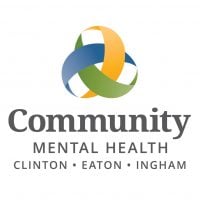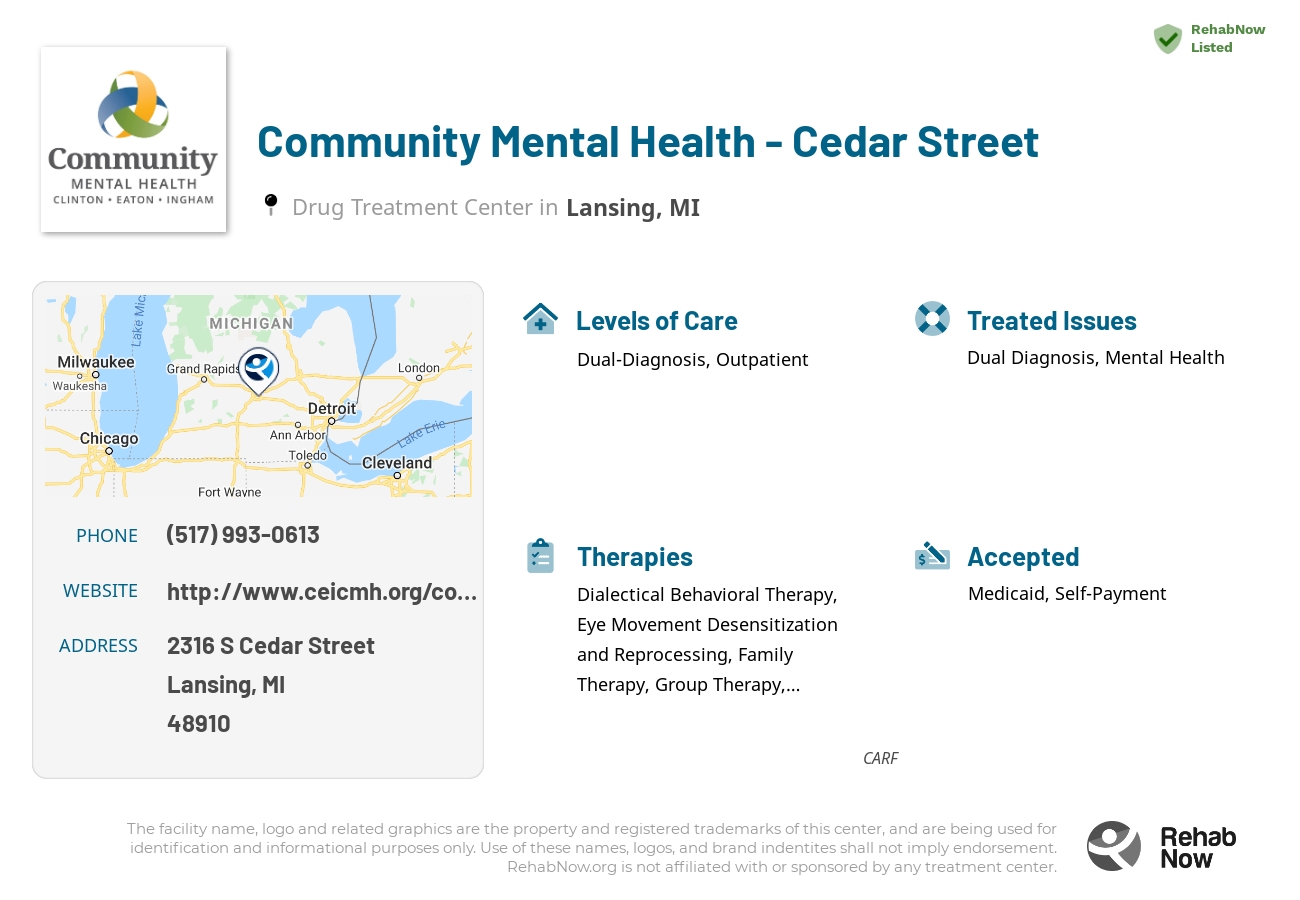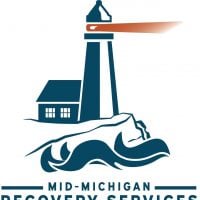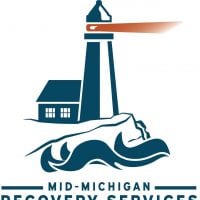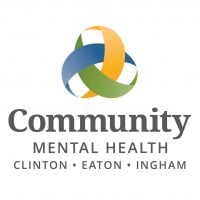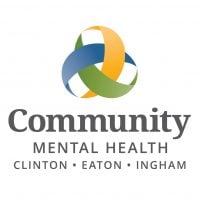Community Mental Health - Cedar Street
Drug Rehab Center in Lansing, Michigan
Community Mental Health - Cedar Street in Lansing, Michigan provides individualized addiction treatment plans, psychotherapy, medication management, support services, and an Associate's in Applied Science in Addiction Studies, for individuals struggling with addiction and mental health concerns in a safe and supportive environment.
About Community Mental Health - Cedar Street in Michigan
Community Mental Health - Cedar Street, located in Lansing, Michigan, offers outpatient counseling aimed at adults grappling with mental health issues. This facility stands out for its commitment to a person-centered, recovery-oriented approach that's both culturally competent and trauma-informed. Utilizing a range of evidence-based practices, including CBT and DBT, it provides a supportive environment for individuals seeking to overcome substance abuse and/or co-occurring disorders.
- Evidence-Based Practices: Utilizes CBT, DBT, and other modalities to address mental health and substance abuse issues effectively.
- Person-Centered Approach: Tailors treatment to the individual, ensuring care that respects the person's needs, culture, and experiences.
- Comprehensive Support: Offers a variety of services, including motivational interviewing, family therapy, and targeted case management when applicable.
Accredited by The Joint Commission and certified by the State of Michigan for substance use treatment, Community Mental Health - Cedar Street is recognized for its exceptional service and results. The facility's team of professionals employs a full range of evidence-based care to support recovery and well-being.
Specializing in the treatment of substance abuse and co-occurring mental health disorders, the center offers an array of therapeutic methods, including psychotherapy and medication management. Their inclusive approach caters to individuals of all ages, providing the necessary tools and support for those on the path to sobriety and mental health recovery.
Genders
Ages
Modality
Additional
Accreditations

CARF
The Commission on Accreditation of Rehabilitation Facilities (CARF) is a non-profit organization that specifically accredits rehab organizations. Founded in 1966, CARF's, mission is to help service providers like rehab facilities maintain high standards of care.
Conditions and Issues Treated
Individuals who are addicted to drugs and/or alcohol often have one or more co-occurring mental health disorders. Addressing both the addiction and the mental health problems at facilities like Community Mental Health - Cedar Street can be very beneficial for these individuals.
Common mental health conditions that often co-occur with addiction include:
- Anxiety Disorders – People with drug and alcohol problems often suffer from anxiety disorders such as panic disorder, obsessive-compulsive disorder, social anxiety disorder, and generalized anxiety disorder.
- Depression – One of the most common mental illnesses co-occurring with addiction is major depressive disorder.
- Attention-deficit hyperactivity disorder (ADHD) – Many people with drug and alcohol problems also suffer from ADHD.
- Bipolar Disorder – People with bipolar disorder are more likely to suffer from drug and alcohol problems than the general population, and vice versa.
Levels of Care Offered
This center offers a variety of custom treatment tailored to individual recovery. Currently available are Dual-Diagnosis, Outpatient, with additional therapies available as listed below.
Outpatient treatment can be considered the lowest intensity level of addiction treatment in Lansing, MI. It is ideal for early phase addiction or lower intensity addictions. Community Mental Health - Cedar Street peer group support, 12-step programs, and individual counseling are likely to be involved.
Therapies & Programs
Individual therapy is ideal for addicts who want to focus on themselves. It can also be helpful for those whose withdrawal symptoms are exacerbated by the presence of other people.
Benefits of individual therapy are:
- Access to a personalized treatment plan that focuses on the individual needs of the addict
- More privacy during treatment sessions
- Better personal development through introspection
- Increased self-awareness regarding addictive tendencies in order to avoid relapse
- Greater potential for a long-term recovery plan
- Receiving professional advice and detox assistance from medical staff
Family therapy can help you and your family deal with old issues that may trigger substance abuse. The idea behind family therapy for drug addiction is that you are never fully healed from substance abuse until you’ve healed your relationship with your family, too. To get sober, you need to find a different way to cope with the pain in your life.
This is when a group of people in various stages of recovery meet up and discuss their experiences, triggers, successes, failures, and even alternative therapies! Unlike support groups where everyone already knows each other, group therapy is conducted along side outpatient or inpatient treatment at Community Mental Health - Cedar Street.
Trauma therapy is a clinical process that helps individuals deal with mental stress often caused by traumatic events. The therapist helps the person identify, understand and work through the problem. This is done with the help of talking about it in group or one-on-one counseling sessions.
Therapists use relaxation, role-playing, art, and music to help the person open up about what is bothering them. Some examples include:
- Talking about the traumatic event and how it affected them.
- Helping those who have PTSD to deal with their nightmares and recurring memories.
- Working with individuals to resolve the issues triggering the stress, whether seeing someone who reminds them of what happened or feeling helpless.
The individual is also encouraged to help others that are struggling with similar problems. This often helps them feel empowered and gives them hope.
Trauma therapy is not for everyone; it is usually reserved for people who have recently experienced a traumatic event and struggle to get over it. It is generally done for children, teenage victims of sexual assault, and war veterans.
Dialectical Behavior Therapy (DBT) is used by drug treatment centers across the United States to help drug addicts become sober. DBT is a type of Cognitive Behavioral Therapy (CBT) that combines traditional behavioral treatments with elements from DBT, including dialectics, distress tolerance, and interlocking issues. Some of the negative behaviors associated with addiction, such as impulsivity and mood swings, are addressed in DBT, while others like craving and isolation are not. It is commonly used to treat Borderline Personality Disorder (BPD) along with substance abuse disorders.
The four DBT modules are mindfulness, interpersonal effectiveness, emotion regulation, and distress tolerance:
- Mindfulness helps recovering addicts learn to identify and experience their emotions while realizing that they are not permanent.
- Interpersonal Effectiveness includes assertiveness, asking for what you need, and saying no while improving communication skills.
- Distress Tolerance has recovering addicts learn how to tolerate distress at the moment and avoid resorting to substance abuse.
- Emotion Regulation is used to identify, express and change emotions.
CBT is a psychotherapy approach and method. [ws-nap-name] people to examine how their thoughts, including habitual harmful and inaccurate thinking, affect their actions. CBT is based on the idea that rigid, inflexible thinking leads to poor stress management, which leads to emotional distress.
Similarly, CBT helps people identify and change negative behaviors. It makes you question your perceptions and ask if they are realistic. CBT asks people to examine their behaviors and emotional responses and how they affect their lives. CBT aims to change people’s thinking and behavior to lead a more balanced and healthy life.
Moreover, CBT has been shown to reduce anxiety disorders, depression, and symptoms associated with harmful thoughts or actions.
Eye Movement Desensitization and Reprocessing (EMDR) therapy is a treatment method that helps reduce the impact of traumatic memories on individuals. It involves following a bar of light or watching a therapist’s finger move back and forth. This mimics the eye movements of REM sleep, which allows the brain to reprocess memories. EMDR therapy is combined with behavioral therapies to address the root cause of the problem. This reduces the desire to escape painful memories with drugs.
EMDR is effective in reducing the craving one experiences while being treated for drug addiction. Studies have shown that patients who undergo this therapy use drugs less and stay sober for more extended periods than those who do not. It is also more beneficial than talk therapy and medication. This can be performed in combination with medications to reduce the adverse side effects. While some believe that it does not treat the root cause, studies have shown that therapy combined with medication brings in better results.
Payment Options Accepted
For specific insurance or payment methods please contact us.
Community Mental Health Associated Centers
Discover treatment facilities under the same provider.
- Community Mental Health - The Recovery Center in Lansing, MI
- Community Mental Health - Clinton County Counseling Center in Saint Johns, MI
- Community Mental Health - House of Commons in Mason, MI
- Community Mental Health - The Recovery Center in Lansing, MI
- Eaton County Counseling Center in Charlotte, MI
Learn More About Community Mental Health Centers
Additional Details
Specifics, location, and helpful extra information.
Lansing, Michigan 48910 Phone Number(517) 993-0613 Meta DetailsUpdated April 15, 2024
Staff Verified
Community Mental Health - Cedar Street Patient Reviews
There are no reviews yet. Be the first one to write one.
Lansing, Michigan Addiction Information
Michigan has the second-highest rate of drug and alcohol abuse in the nation. Heroin is linked to more than 50% of the state's hepatitis C cases. Marijuana is the drug most often associated with crimes in Michigan, followed by methamphetamines. Opioids alone are responsible for almost 20% of all drug overdose deaths in Michigan.
In Lansing, the most common types of drugs that people abuse include heroin, meth, and cocaine. In 2013, over 300 people died from a heroin overdose in Lansing. 1 out of every 25 adults in Lansing has an alcohol addiction. 4.8% of Michigan's population abuses illicit substances. In Lansing, MI inpatient rehab centers can provide users with the medical care and resources they need in order to get sober.
Treatment in Nearby Cities
- Charlevoix, MI (184.0 mi.)
- Roseville, MI (83.3 mi.)
- Oscoda, MI (133.2 mi.)
- Newberry, MI (256.7 mi.)
- Oxford, MI (65.7 mi.)
Centers near Community Mental Health - Cedar Street
The facility name, logo and brand are the property and registered trademarks of Community Mental Health - Cedar Street, and are being used for identification and informational purposes only. Use of these names, logos and brands shall not imply endorsement. RehabNow.org is not affiliated with or sponsored by Community Mental Health - Cedar Street.
